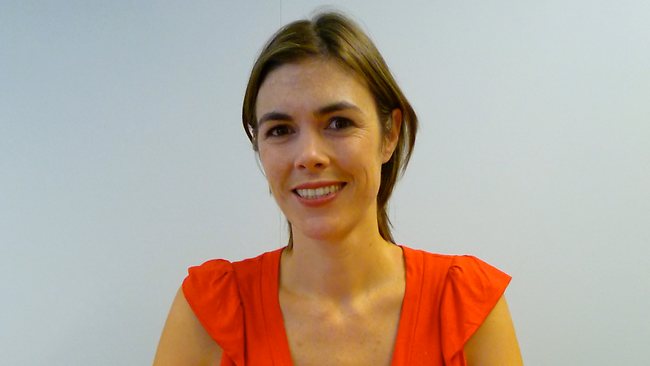By George Grant.
Tripoli, 16 June:

The International Criminal Court (ICC) said yesterday that it was “very keen to address any regrettable misunderstandings” . . .[restrict]about the mandate of the legal team led by detained Australian lawyer Melinda Taylor.
The court added that it “welcomes the assistance provided by the Libyan authorities to date” and renewed its call for the release of Taylor and three other ICC delegates, who have been held in Zintan by militia there since 7 June.
In the statement, the ICC failed to offer a refutation of the allegations being made against Taylor and her Lebanese interpreter, Helene Assaf, and the court has yet to do so. In recent days, a number of informed sources have suggested to the Libya Herald that some of the allegations may in fact be credible.
Taylor has been accused by both the commander of the Zintan brigade, Ajmi Al-Atiri, and the official spokesman of the NTC, Mohammed Harizi, of attempting to hand over “dangerous” documents to Saif Al-Islam Qaddafi. Taylor has been apointed by the ICC to represent Saif’s defence interests.
Amongst these documents are allegedly coded letters written by Saif’s fugitive right-hand man, Mohammed Ismail, with whom Taylor’s captors believe she has been in contact. Taylor has also allegedly been found in possession of three blank documents marked only with Saif’s signature, as well as a letter from Saif in which he complains of mistreatment at the hands of his captors and the absence of the rule of law in Libya. Assaf, meanwhile, is said to have been found in possession of a “spy camera”.
Taylor is not Saif’s appointed defence lawyer, and as such is not authorised to pass him any documents, from any source, that are not first authorised by the ICC. Saif has not yet appointed a defence counsel, and not until he has done so will that individual be at liberty to freely exchange correspondence with him.
All of the materials were allegedly found on Taylor and Assaf when they were arrested immediately following a meeting with Saif on 7 June. It is understood that the other two members of the ICC delegation, Russian Alexander Khodakov and Spaniard Esteban Peralta Losilla, have been told they are free to leave, but have volunteered not to do so until their two female colleagues are also released.
As representatives of the ICC, all four members of the delegation have diplomatic immunity, which is intended to shield them from arrest or prosecution. In spite of this, the prosecutor-general’s office has said that both Taylor and Assaf would be detained for a period of 45 days whilst an investigation is carried out.
When asked by the Libya Herald whether the ICC would issue a formal denial of the charges, Fadi El Abdullah, the court’s official spokesman, said: “No, we are not saying that… This is speculation in the media. Our official interlocutor has not given us any information from the Libyan authorities [about the allegations]”. Abdullah said that until such a formal submission was received, the ICC would not confirm or deny the claims.
He added that any documentation that passed between Taylor and Saif Qaddafi should remain confidential. “Any documentation that can be exchanged is part of their relationship”, he said. “That is what it means to have a privileged meeting. We don’t enter into the minutiae of these meetings; that’s between the lawyer and her client”.
Abdullah also refused to be drawn on what the ICC meant when it spoke of “regrettable misunderstandings” with the Libyan authorities about Taylor’s mandate. “I won’t speculate on what kind of misunderstanding there was”, he said, “but the mandate of the mission was to have a meeting with Saif Al-Islam Qaddafi. For the time being Saif is still a suspect before the court and he has the right to privileged meetings with ICC legal representatives.”
Abdullah did confirm, however, that the ICC was in discussions with the Libyan authorities about the case.
The ICC has only made one visit to the delegation since their arrest, which took place in Zintan last Tuesday, after an initial delay. The meeting took place in the presence of the ambassadors to Australia, Lebanon, Russia and Spain, as well as local authorities. “The meeting was to check that they are in good health”, Abdullah said. “The presence of the ambassadors and the local authorities at the meeting meant that we have not had the opportunity to discuss the situation with them in private”. [/restrict]









